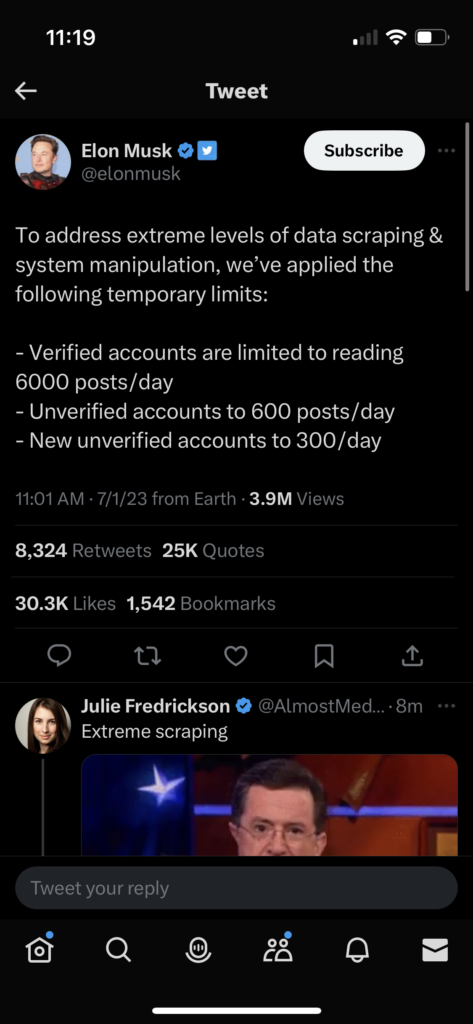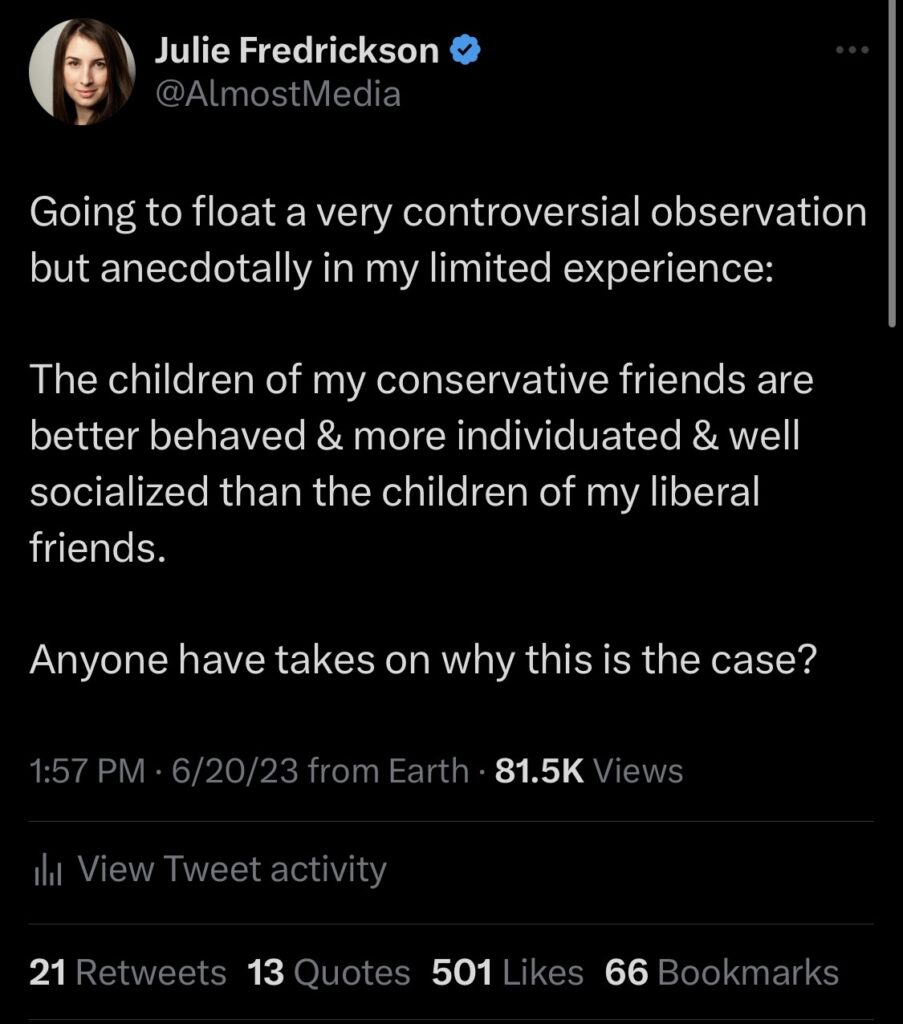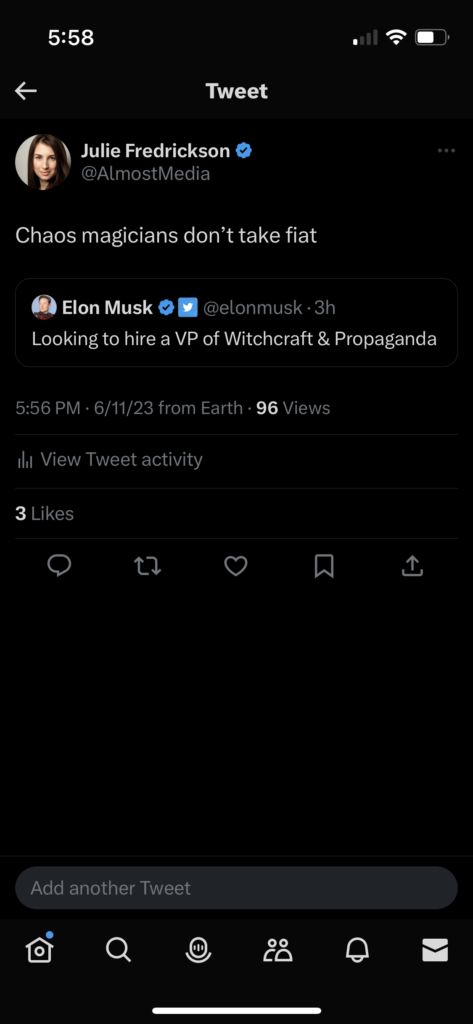Being valuable for your data has always been a bit of weird feeling for individuals. Because you on your own may have experienced quite varied mileage on being remunerated for your skills, contributions and other ineffable qualities.
We value athletes and business executives and the extremely beautiful and the particularly intelligent and getting paid to be any combination of that is bound up in dumb luck and how you compete in an economy with other humans.
Individually we are all quite unique. But the ways in which we are packaged, marketed, sold and controlled by our social, national and family contracts and norms can make it feel like we are put in boxes. Demographics.
Some professions are very refined at saying what facet of a person is worth something to another person responsible for selling, let’s say, designer clothing or commodity groceries or financial services. We call that cost of acquisition.
The adage in my age of the internet was always “if you don’t pay for the product then you are the product.” And that insight has tainted social media from the start. Even if it was a great deal for all the free users of the social website who didn’t mind using something for free because they couldn’t monetize their attributes at that scale. Generally unless you were in a small class of power users social media didn’t make you money and you weren’t that valuable.
And since you were the product being marketed and sold, other people who market and sold other things (advertising if you will) generally found it was in the best interest of a social media business to make sure there was plenty of flavors of you the user (perhaps SKUs or stock keeping units) on hand so if an advertiser wants to buy access to say a late thirties professional woman with a high net worth, she is online and can be shown an advertisement.
It helps to have active users like that readily available so she might be enticed to buy a $5 sparking water laced with drugs and sugar substitutes. Yes I went to Whole Foods today.
So it’s a mystery to me why you would implode the vast and intertwined delicate tapestry of entrenched network effects so that you can instead deliver less access to the network whose major value is keeping specific demographics on a website for extended periods happy and engaged. But I am not Elon Musk.

As the age of artificial intelligence trained on reams of user data (available via API or application programming interfaces) gets going the owners of the social web are scared they are getting screwed. Reddit shut down access which is a real blow to Google whose best type of search for niche answers has been amending “Reddit” at the end of a query.
If Elon Musk is selling a dopamine drip of content and access then shutting off the tap is a baffling decision. And I’ll admit I got off the internet today because the strain of whatever is actually happening at Twitter (rumor is server issues and back end chaos and unpaid bills) meant none of my tweets would send.
I quite hope this will be better tomorrow as I rather liked the old system of my data and attention for access to the great wide open feeds. And I actually paid $8 for my account. Can’t imagine what everyone else is experiencing.


